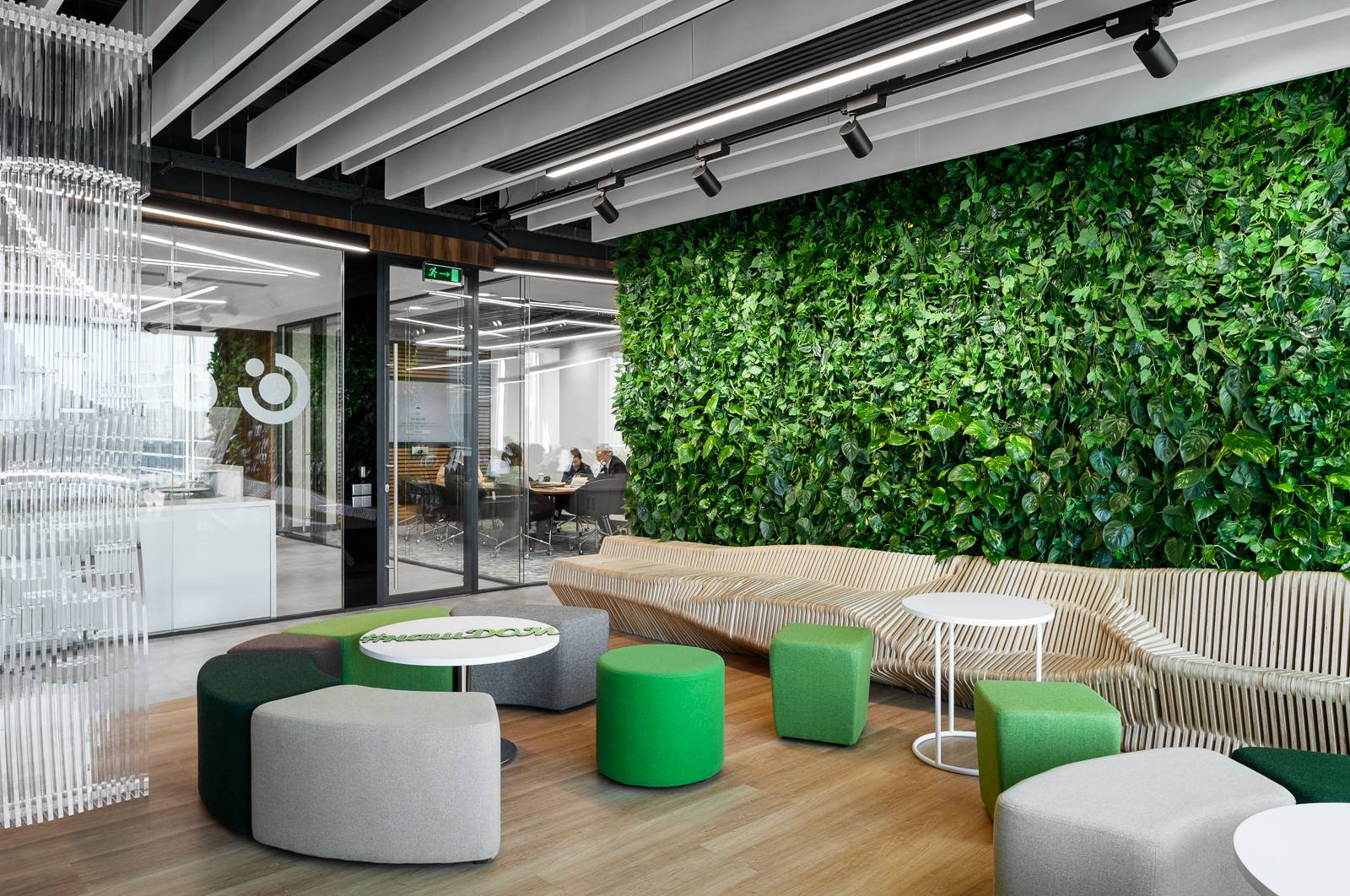
Title: Green Workspaces: Choosing Eco-Friendly Office Furniture
In an era of increased environmental awareness, businesses are increasingly aware of the importance of sustainability in their operations, including their selection of office furniture. Choosing office furniture made from eco-friendly materials not only minimizes your environmental impact, but also aligns with corporate social responsibility initiatives. Let's look at why sustainability matters and how choosing eco-friendly office furniture can make a positive difference:
-
Conserving the Environment: Choosing office furniture made from eco-friendly materials helps conserve natural resources and reduces the demand for virgin materials such as wood, metal and plastic. Sustainable materials may include, but are not limited to, recycled wood, sustainably sourced bamboo and upholstery fabrics.
-
Reduced Carbon Footprint: Office furniture made using environmentally friendly methods typically has a lower carbon footprint compared to traditional furniture manufacturing methods. By minimizing energy consumption, greenhouse gas emissions and waste generation throughout the production process, sustainable furniture helps mitigate climate change and environmental degradation.
-
Reduce Waste: Green office furniture often includes design features aimed at minimizing waste and promoting circularity. This may include modular furniture systems that allow for easy disassembly and reconfiguration, as well as furniture made from recyclable or biodegradable materials that can be reused or composted at the end of their life cycle.
-
Indoor Air Quality: Eco-friendly office furniture is typically made without harmful chemicals or volatile organic compounds (VOCs) that can be released and reduce indoor air quality. Selecting furniture with low-emission finishes, adhesives and upholstery fabrics helps create a healthier and safer indoor environment for employees, promoting their well-being and productivity.
-
Corporate Social Responsibility: Choosing eco-friendly office furniture demonstrates a commitment to corporate social responsibility and environmental stewardship. By prioritizing green purchasing decisions, businesses can align their operations with the values of sustainability, transparency and ethical sourcing, enhancing their reputation and trust among customers, employees and stakeholders.
-
Certifications and Standards: Look for office furniture that is certified and meets recognized sustainability standards, such as Forest Stewardship Council (FSC) certification for wood products or Global Organic Textile Standard (GOTS) certification for textiles. These certifications ensure that furniture meets strict environmental and social criteria throughout its entire life cycle.
-
Durable: Eco-friendly office furniture is often built to last thanks to durable construction and high-quality materials that stand the test of time. By investing in durable furniture, businesses can reduce the need for frequent replacement and extend the life of their assets, further minimizing their environmental impact and resource consumption.
-
Supplier Transparency: Prioritize suppliers and manufacturers who demonstrate transparency and accountability in their sustainability practices, including sourcing, manufacturing and supply chain management. Review supplier environmental policies, ethical sourcing practices, and social responsibility commitments to ensure you are aligned with your sustainability goals.
In conclusion, choosing eco-friendly office furniture is an active step towards creating eco-friendly workspaces that prioritize environmental and corporate social responsibility. By purchasing office furniture from eco-friendly materials, manufactured using environmentally friendly methods and adhering to recognized sustainability standards, businesses can minimize their environmental impact, contribute to a better indoor environment and contribute to a more sustainable future for generations to come. .






